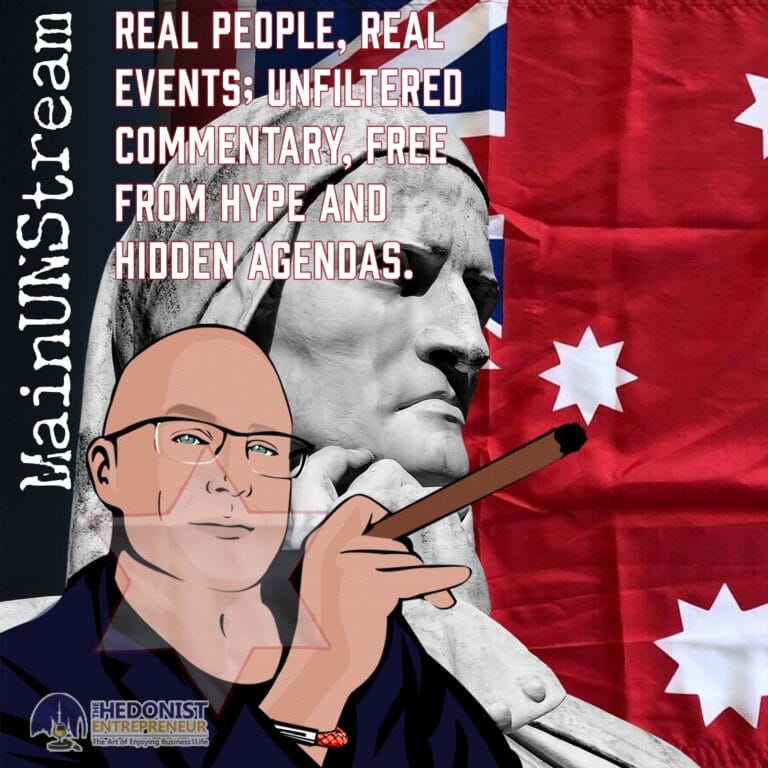When you realise that very little in politics is accidental, and that mostly it is all by design with strategy being decided at the highest levels and the actions seen by the population are just fulfilment, you look at the world in a more sober and definitely less naive light.
So let’s look at Afghanistan. Originally the US went in there to ‘hunt down Osama Bin Laden’. When they didn’t find him there and especially after they allegedly killed him in Pakistan, they should have exited Afghanistan … but no, they stayed.
The cost of this thing has been in the trillians already and by the time the interest is paid off on the debt by roughly 2050 (debt mainly to the respective Central Banks of the allied countries who participated) the total cost will be closer to USD7 trillion dollars.
Now that is a debt on top of the 100’s of billions of dollars in debt that has been created in the name of fighting an illness for which a $2.49 treatment provides both preventative treatment and cure.
So what about the withdrawal. It was so sloppy it creates the impression of an air of urgency. It suggests that everyone suddenly had to scramble. That they were taken off guard and had to get out fast. Of course getting out fast meant leaving behind billions of dollars of some of the most advanced military hardware including BlackHawk attack helicopters and more. Much more.
Remember also that back when the US were fighting the Soviets in Afghanistan, the Taliban were their allies and they were training them in all areas of military disciplines. So let’s just say it’s not a case of leaving something behind that the locals won’t be able to use.
Of course, BlackRock won’t mind. Likewise Vanguard and State Street Corporation. As with all large companies in the world these three asset management firms own Lockheed Martin and Lockheed Martin owns Sikorsky that makes the BlackHawk. When you consider what happened with the GFC and BlackRock’s role and how they benefited, it kind of puts the 1971 federal government USD$250 million (about USD$1.4 billion today) bailout of Lockheed Martin into perspective doesn’t it.
Admittedly Larry Fink, CEO and founder of BlackRock was only 19 years old at the time of the Lockheed Martin bailout and he hadn’t yet been instrumental in creating and developing the mortgage backed security instruments that ultimately became the fuel to ignite the GFC. But he learnt well from both history and his mentors that had influence in the 1970’s and earlier.
But enough about BlackRock for now. We have a series coming up about them next.
Why this Afghanistan withdrawal is a strategic withdrawal but not in the way you think, is because it sets up the next big conflict. Yes I realise the most unimaginative person in the world can probably imagine that one. It’s obvious that when you have a perceived aggressive state and a bunch of people who want to have you believe that they are the root of all evil then you can just see the next war on the horizon.
If you watch any of the reporting coming out of Afghanistan, the Taliban appear to be saying the same types of law and order things you’d expect to hear in western societies. They appear to want a peaceful existence. I’m not siding with nor defending any of the things we’ve come to understand of the Taliban nor of Sharia Law and especially what they do to women, physically, psychologically, sexually, generally or any other -ly you can think of. I personally find it a repulsive way of being. I’m simply saying that they are (most likely purposefully and possibly genuinely … not sure on that last one) making all of the reasonable overtures one hardly expects.
But back to the primer…. Naturally, the lid will be kept on the powder keg of Battleground Afghanistan until just the right moment. Several companies and governments need to milk this for as long as they can and until the timing is right for the next big thing… BTW … the next war against the Taliban is not the next big thing.
The next Afghanistan War will be one of several distractions used at a time when the big push to a single world government is either just starting, or has started and they need a distraction before they play their Ace card. What that Ace is I’ll discuss in another episode.
Source: AP
THE HUMAN COST OF THE AFGHANISTAN WAR:
American service members killed in Afghanistan through April: 2,448.
U.S. contractors: 3,846.
Afghan national military and police: 66,000.
Other allied service members, including from other NATO member states: 1,144.
Afghan civilians: 47,245.
Taliban and other opposition fighters: 51,191.
Aid workers: 444.
Journalists: 72.
REFERENCES:
https://www.bbc.co.uk/news/uk-wales-58230075











